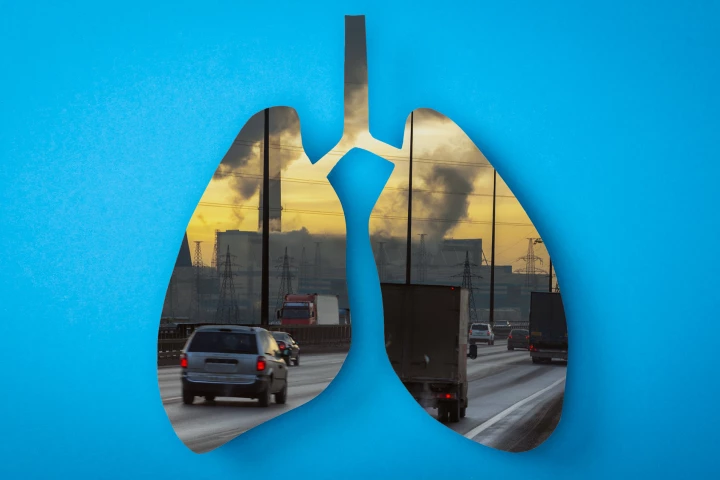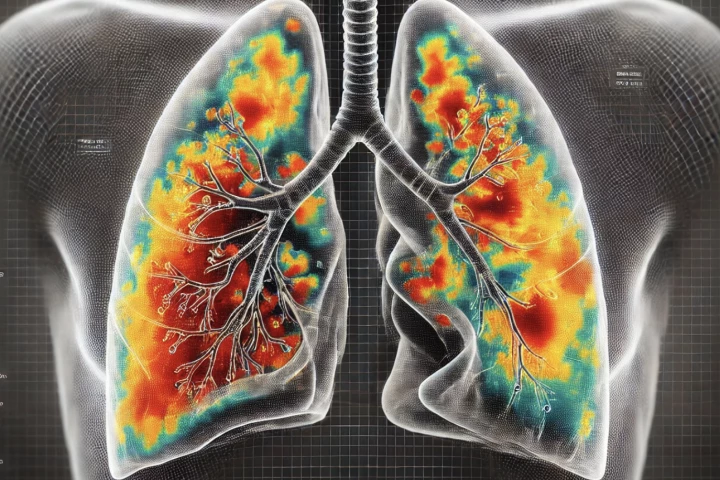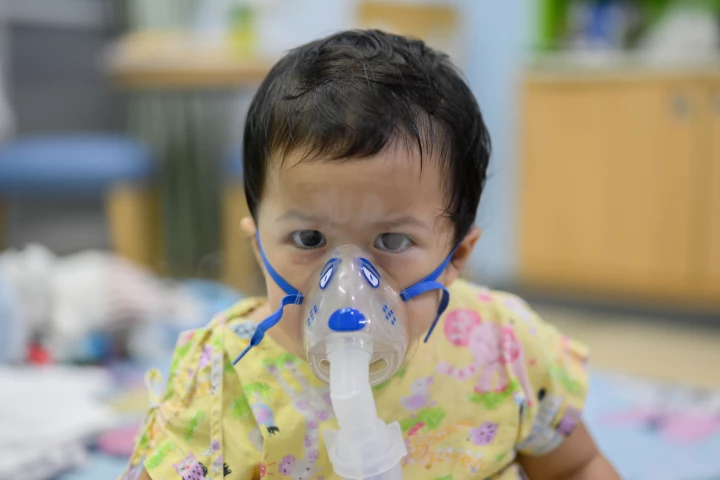Lung
-
New research has identified the mechanism by which air pollution damages the lungs’ self-cleaning system, leaving us vulnerable to infection. In doing so, it has also identified a way to reverse that damage and restore lung function.
-
While a stethoscope will tell you if someone has a respiratory ailment, it will only share that info in the few minutes it's being used. A new device could paint a much bigger picture, by monitoring the patient's breathing for days at a time.
-
A three-year study has found robust evidence that one vaccine for respiratory syncytial virus offers older adults long-term protection, even if efficacy wanes. Despite this, just one dose cut serious illness by nearly two thirds across three seasons.
-
Researchers have discovered a particular type of cancer cell that relies on its own biological electric utility company to thrive. Disrupting this power plant – with the help of a puffer fish – showed a breakthrough way to fight the tumors.
-
A breakthrough new AI model is able to detect the presence of different lung diseases from ultrasound videos, with 96.57% accuracy, and it is even able to distinguish whether the abnormalities are due to pneumonia, COVID-19 or other conditions.
-
A coughing, sneezing, 3D-printed model of the human nose and upper airway has provided researchers with a better understanding of how airborne infections are transmitted. The knowledge will aid in developing effective ways of reducing that spread.
-
Researchers have developed a nanoscale sensor that detects lung cancer by analyzing isoprene levels in your breath. The team believes its breakthrough could unlock a non-invasive, low-cost method to catch the disease early and save lives.
-
Zinc has been found to be important in reducing lung infections in people with cystic fibrosis, whose immune cells' natural bacteria-fighting ability has been reduced by the genetic mutation that causes the disease.
-
Improving the health of the gut microbiome by way of fecal transplant or dietary modification has been shown to noticeably improve COPD symptoms, opening the door to microbiome-targeted treatments for this currently incurable condition.
-
New research has proved for the first time that RSV infection, common in young children, can penetrate nerve cells and may lead to nerve damage. The findings underscore the possible long-term effects of RSV and the importance of preventive measures.
-
A new study has found the BA.2.86 variant of SARS-CoV-2 has a greater propensity for infecting certain lung cells than any prior Omicron variant. The research suggests BA.2.86 could potentially lead to COVID severity similar to the Delta variant.
-
Researchers have used human cells to create tiny biobots that can encourage healing in damaged neurons without requiring genetic modifications. The tiny bots have the potential to transform regenerative medicine and the treatment of disease.
Load More











